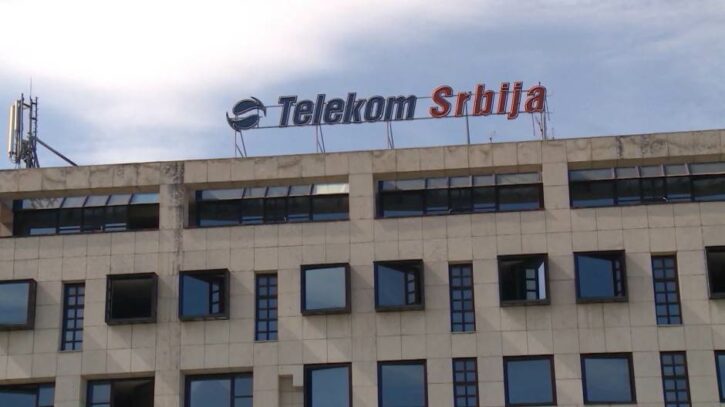
An “economic crime thriller” is underway on the Serbian television market prior to the parliamentary elections scheduled for the end of April, The Konrad Adenauer Foundation said in a report on the state of the media in Serbia adding that the struggle is over cable TV coverage of the country between the state-controlled Telenor Serbia and the United Group which owns the N1 news channel.
“The story is about several cable providers and the media group United Media (owned by the United Group) with its TV channel N1 that belongs to the media companies in Serbia which report critically about the government,” the report said.
It said that N1 has been removed from several cable TV providers owned or controlled by the Telekom after the state-controlled company failed to reach an agreement with the United Group on extending the contract to distribute United Media channels. “A public exchange with accusations of political and economic interference between the players followed,” the report said and added that political reasons are not the only explanation.
“The public dispute between the two telecommunication companies Telekom Serbia and United Group which has its own cable providers and the media company “United Media”, has been dominating the headlines in Serbia. The cable providers of the brand “Supernova” which belongs to Telekom didn’t prolong the contract for transmitting the “United Media” channels. Since January about 200 000 households can’t watch 17 channels. Since the independent TV channel N1 is also affected, this is being criticized as an attack on media freedom,” the report said and quoted a United Group statement: “The failed negotiations with Telekom bring more darkness to the media.”
It said that Telekom Serbia justified the failure using economic arguments and the result has been a public back and forth without any solution of the dispute, including statements from politicians like Prime Minister Ana Brnabić who said that N1 was waging a political campaign and opposition politicians claiming state interference in the media prior to the elections.
“The dispute can be divided into two aspects – economic and political interests,” the report said and added that a closer look at the TV market in Serbia shows that several private stations which are viewed as pro-government ( Pink, Happy TV, O2 and Prva) and the public broadcaster RTS broadcast free of charge viaterrestrial (DVB-T2) and satellite transmissions. Anyone who wants any other channels has to pay for them. According to the report, more than 60 percent of the population have cable TV, 25 percent use IPTV and 12 percent pay for satellite which means that 1.15 of the 1.92 million households paying for TV have cable. The most popular cable provider (49 percent of the market) is Serbian Broadband (SBB) owned by United Group while Telekom has a 26 percent share which does not include the small cable providers owned by Telekom which are grouped under the brand Supernova.
The report said that the Telekom (or its Supernova) has an economic interest in the United channels, as their sports channels (Sport Klub) have lucrative football broadcasting rights such as the English Premier League or the European and World Championships. Once the contract expired, Supernova customers were left without those sports events. Telekom claimed that the price asked by United Group was too high. On the political side, the government has little interest in extending the contract to bring N1 back to the Telekom-controlled cable providers prior to the elections despite the economic losses.
“The public dispute is at the expense of the viewer, the plurality of opinions and of democracy,” the Konrad Adenauer Foundation said.




